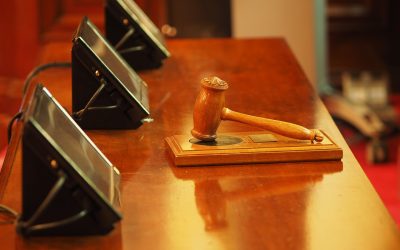The Department of Business and Professional Regulation (“DBPR”) has previously taken the position that emails directed to/from an individual board members computer are generally not official records subject to disclosure under Sections 718.111(12), 719.104(2), and 720.303(4), F.S. Humphrey v. Carriage Park CAI, Case No. 2008-04-230, Final Order. There were/are exceptions to this general rule, such as instances where the property manager is copied on or is a recipient of the email in question. DBPR Legal Staff Opinion, Janis Sue Richardson, Chief Assistant General Counsel March 6, 2002.
However, pursuant to a recently released Declaratory Statement issued by the DBPR, “…emails that otherwise constitute ‘official records’ are not excluded from the statutory definition of ‘official records’ merely because they are created or transmitted with board members’ personal devices.” In re: Petition for Declaratory Statement, James Hanseman, Docket No. 2021-012740, DS 2021- 014 (Jan 12, 2022) (where the issue was reviewed in the context of emails between and amongst board members “where such records relate to the [a]ssociation’s operations…”). In reaching this conclusion, the DBPR points to the portion of 718.111(12) that includes within the scope of the official records “[a]ll written records of the association.”
While the above statement from the DBPR is problematic in and of itself from a privacy and a practical standpoint, it also raises questions regarding other communication methods – such as text messaging – and whether those communications would also be considered official records if they relate to “association operations.”
In light of the above, community association boards should consult with legal counsel to discuss the best way to balance the need to protect individual privacy with the need to comply with the DBPR’s recent statement.






